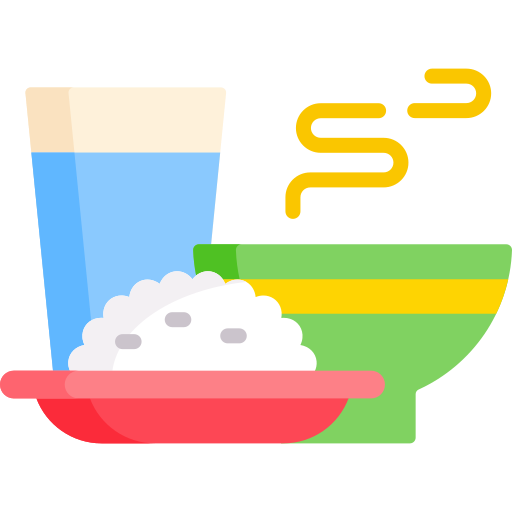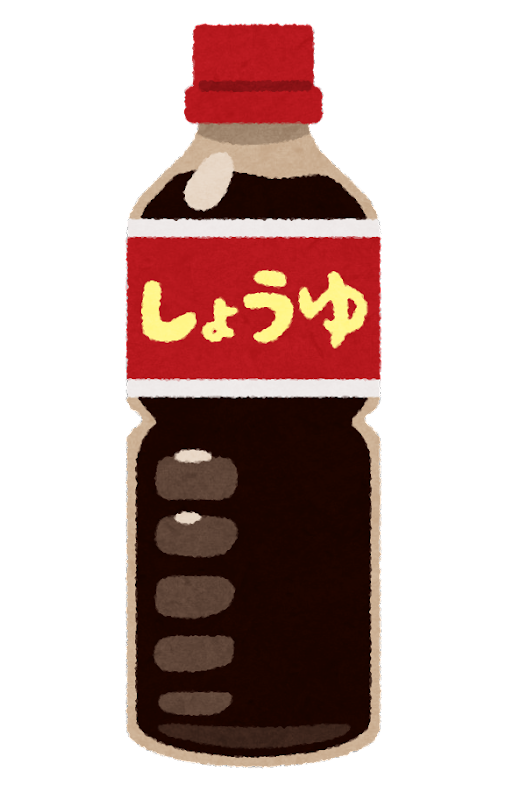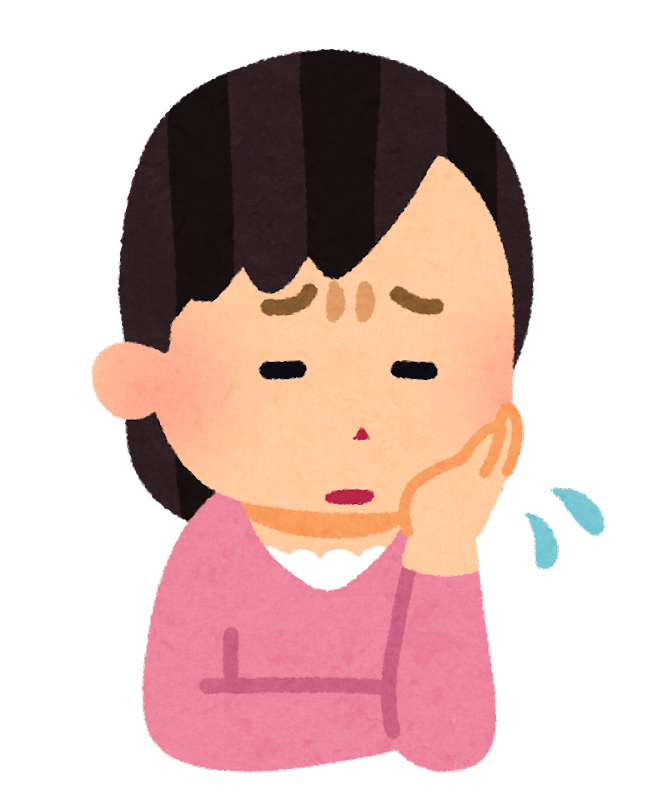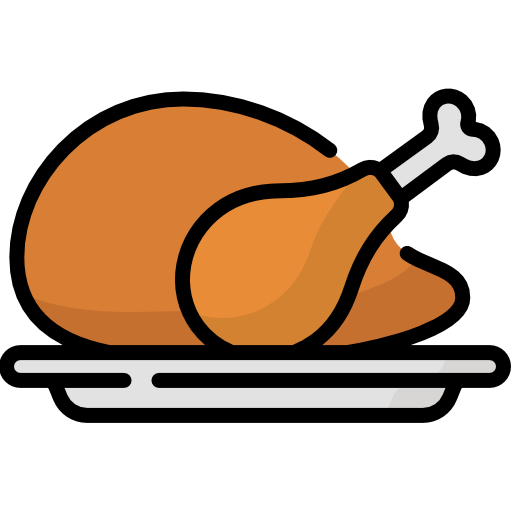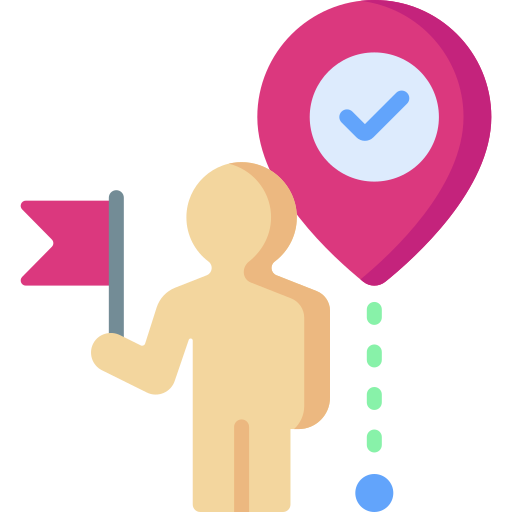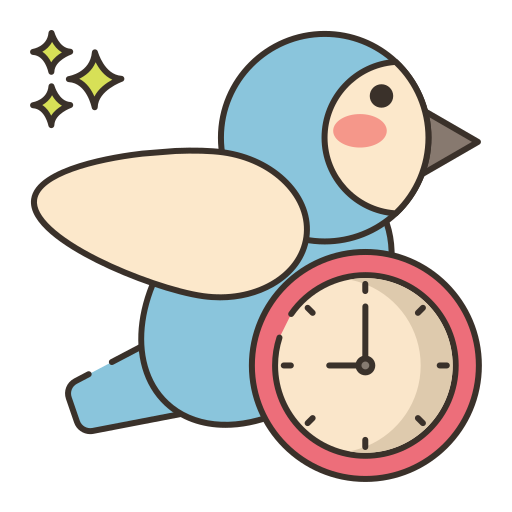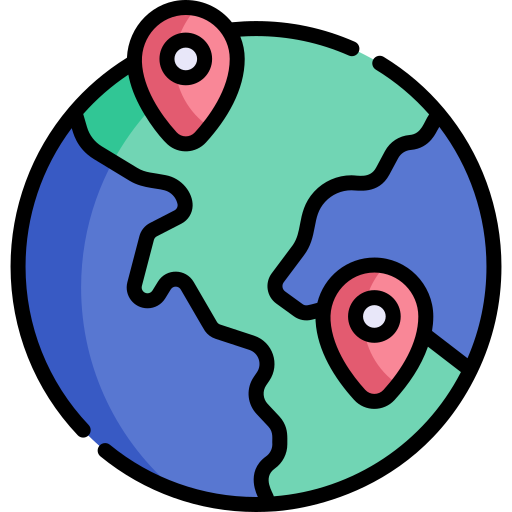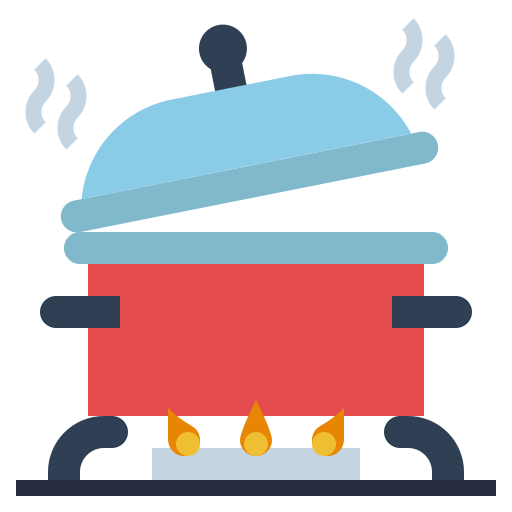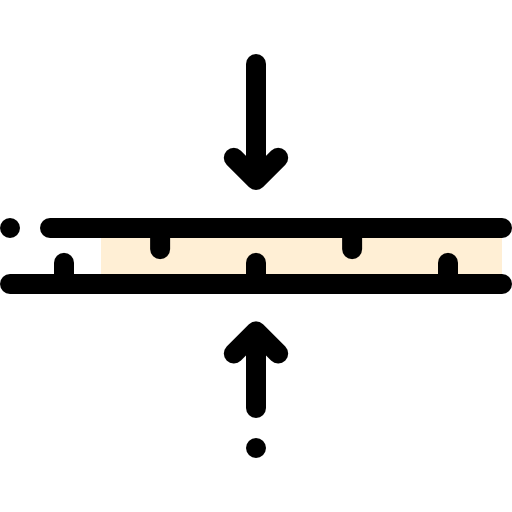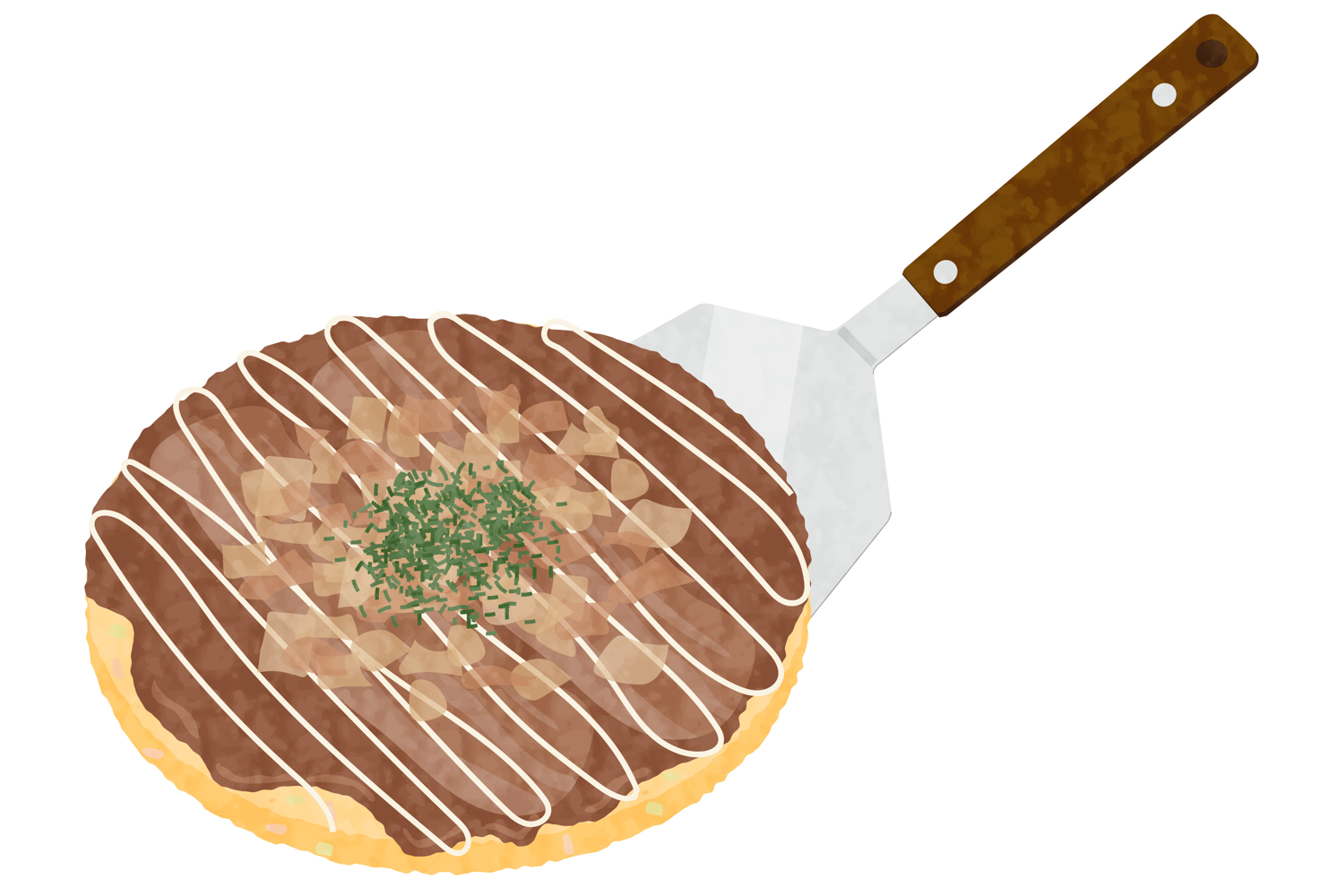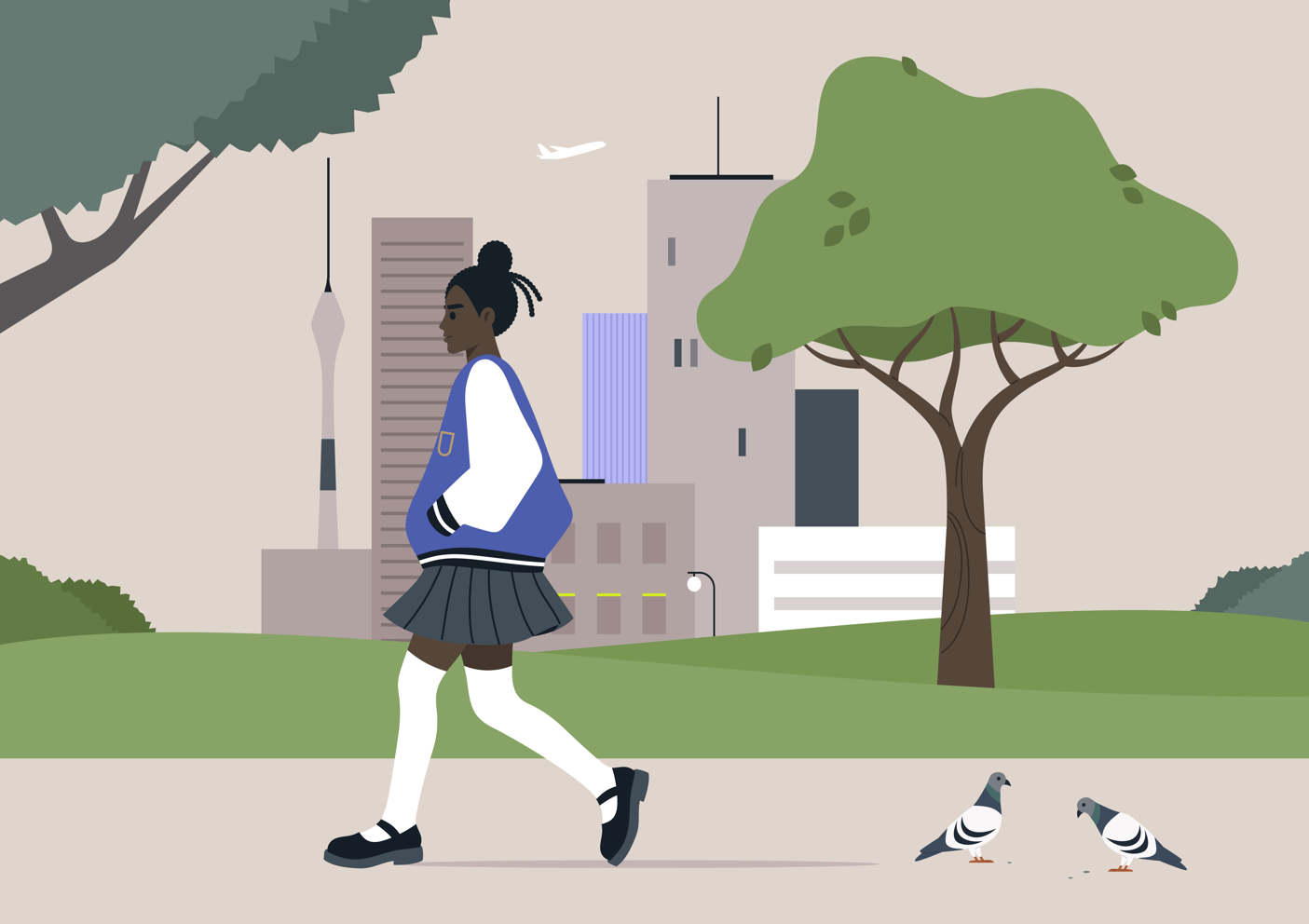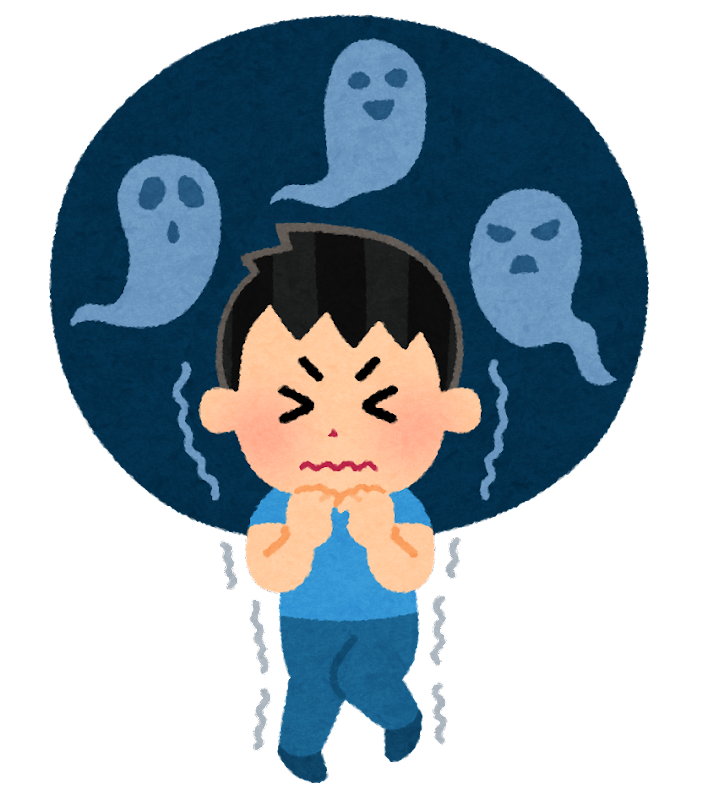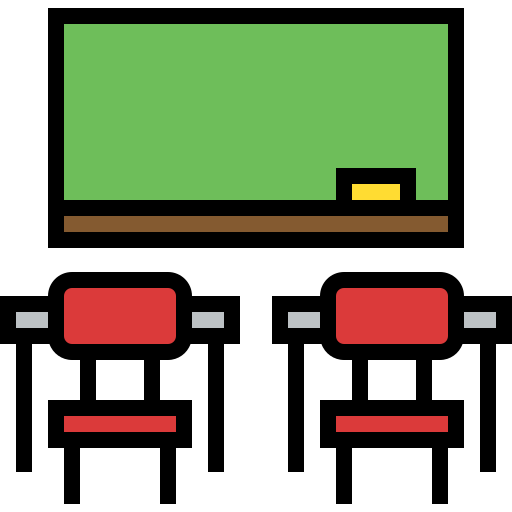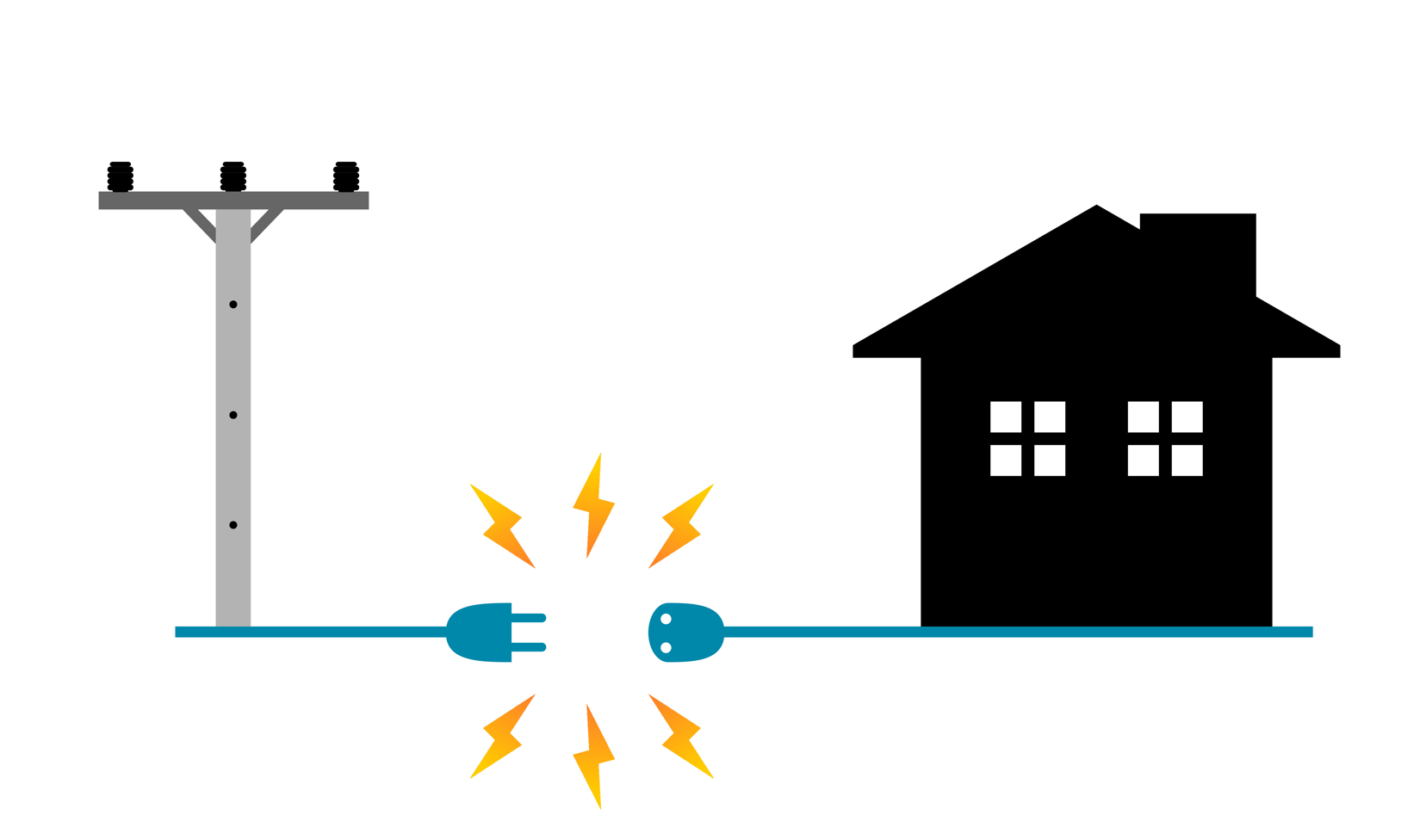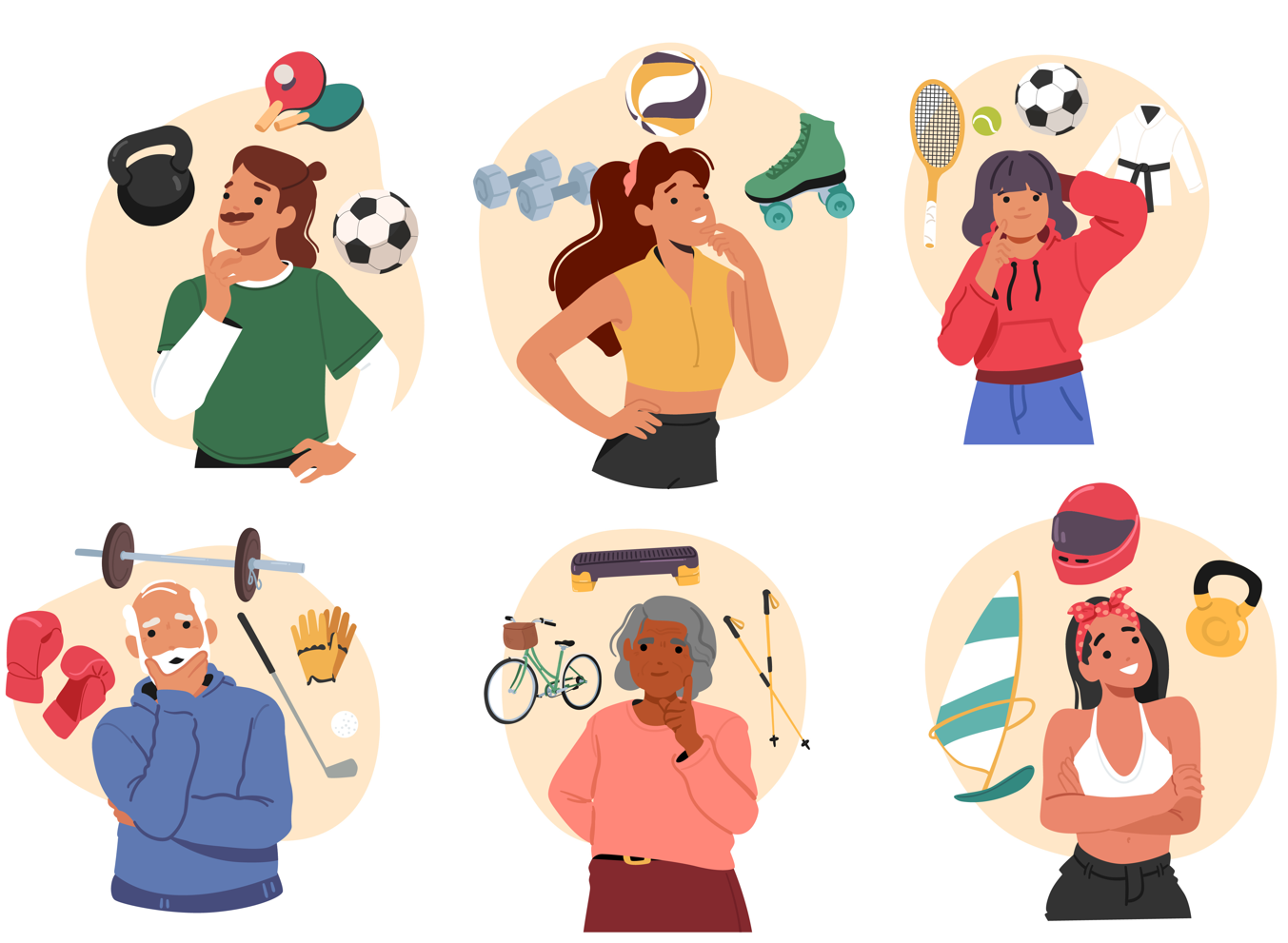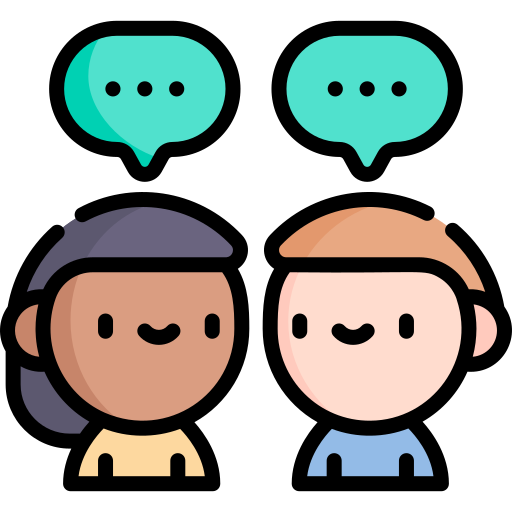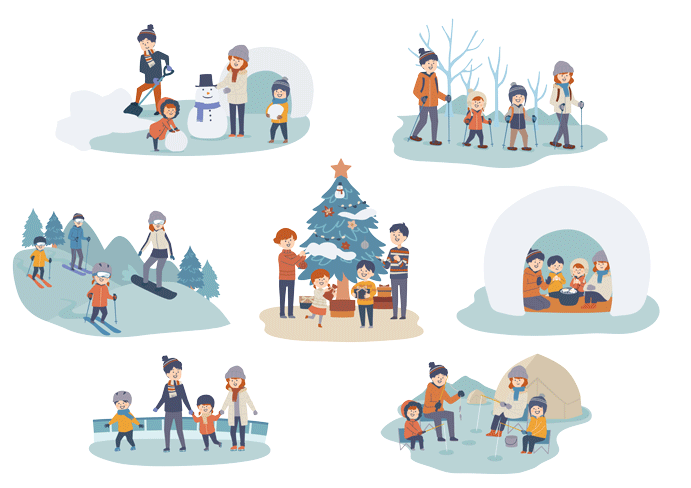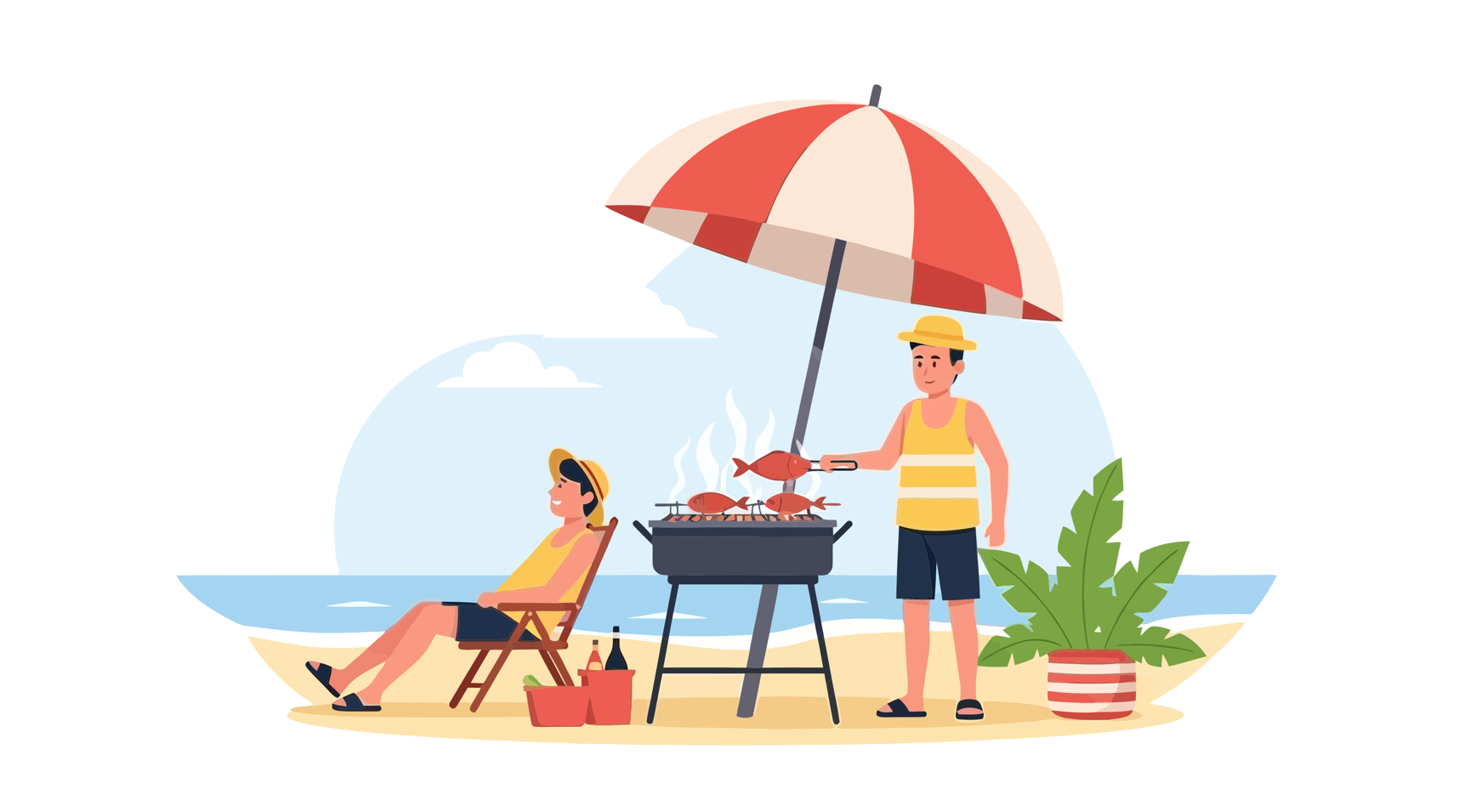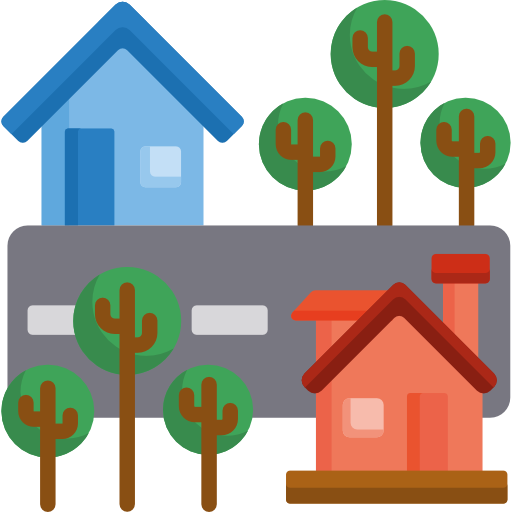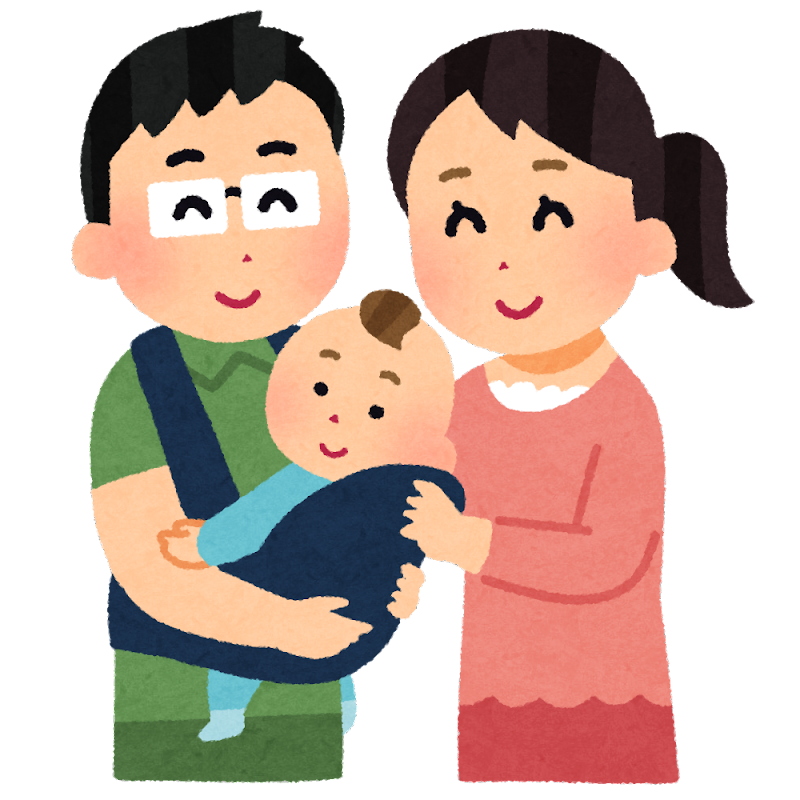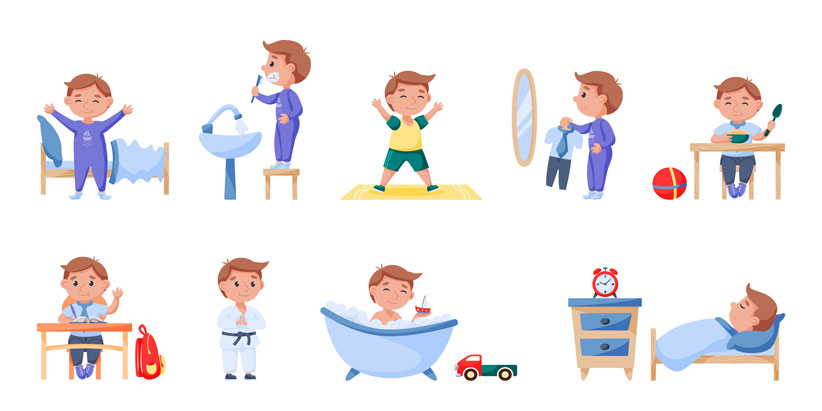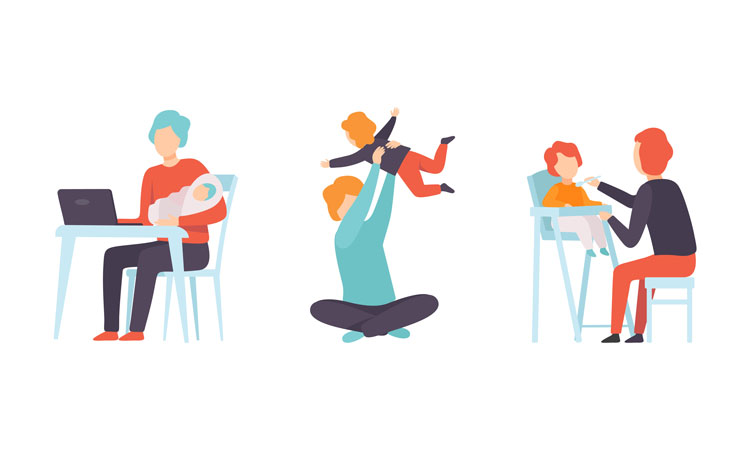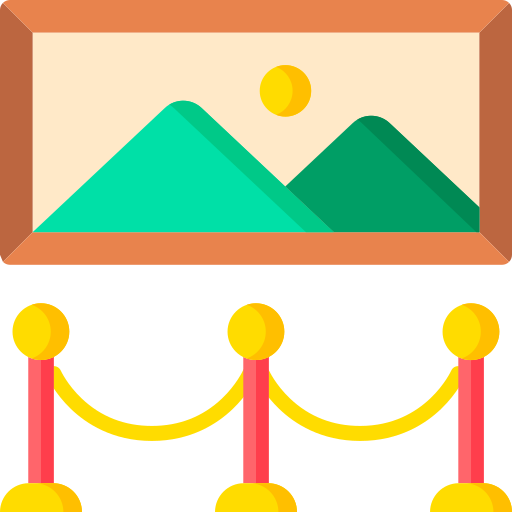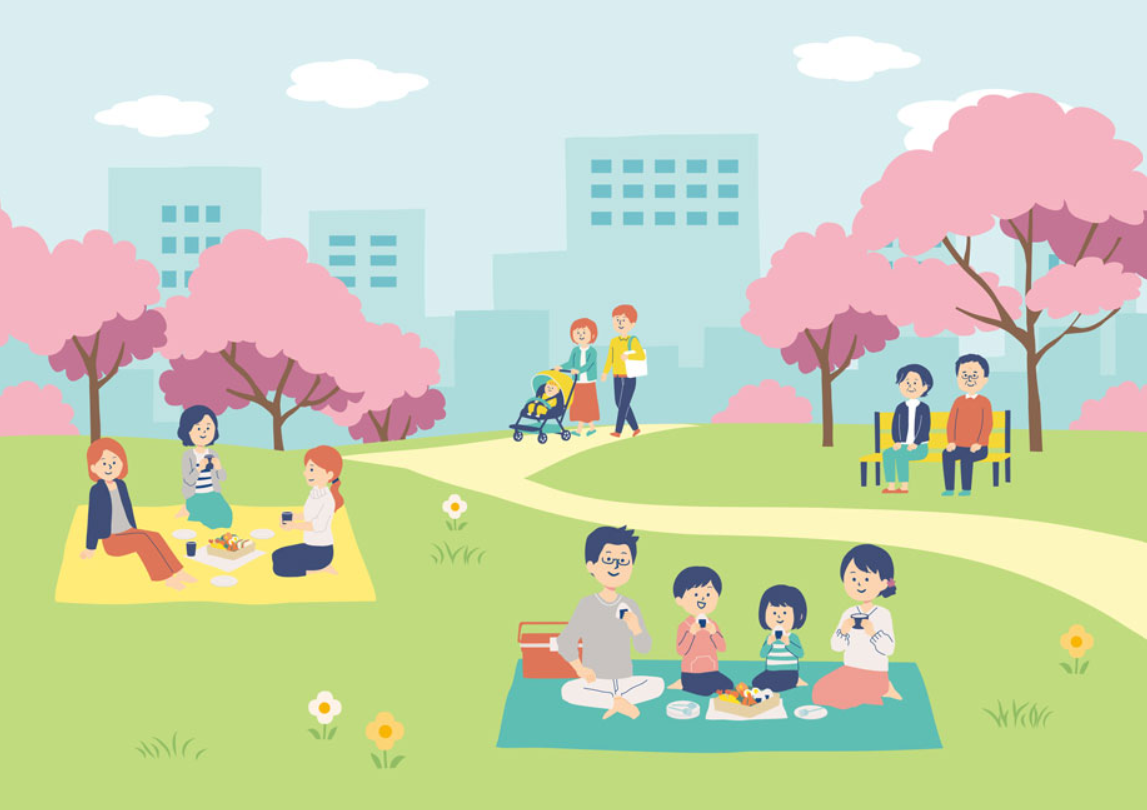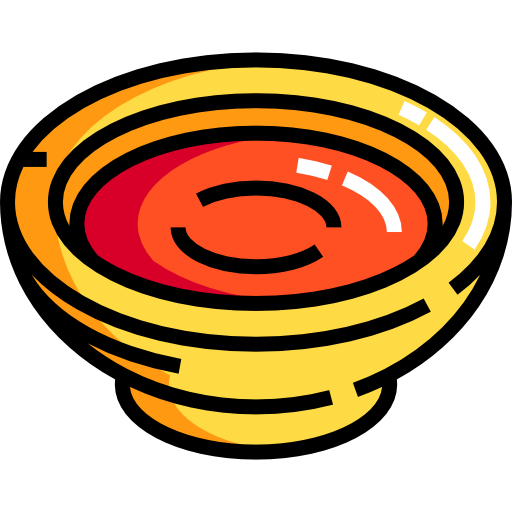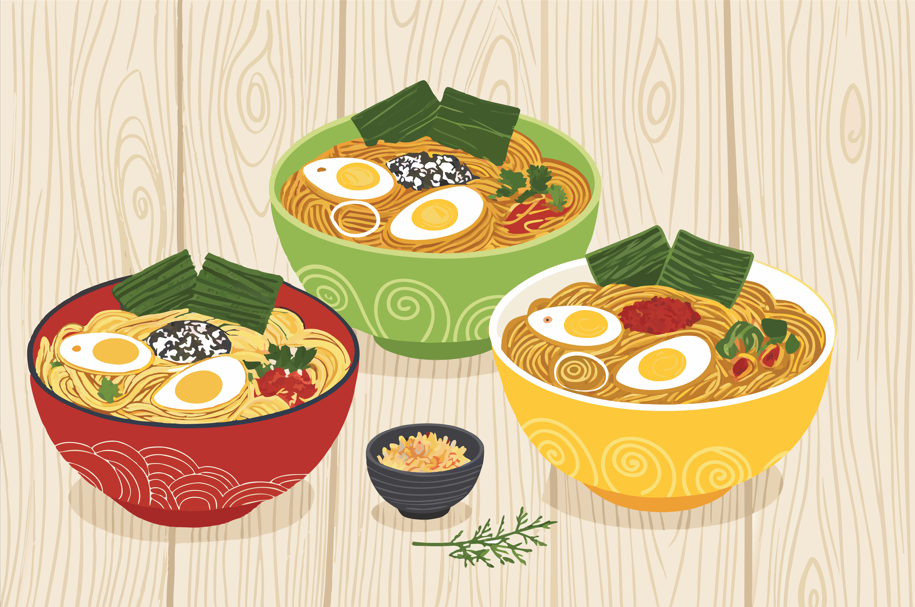Part A Self-Introduction
自己紹介をしよう

A_1
Let’s introduce ourselves to each other.
My name is ________. What is your name?
A_2
My name is ________. Nice to meet you.


A_3
Nice to meet you too, ________. How are you today?
A_4
| Answer: |


A_5
I see. Let’s begin our lesson!
Part B Vocabulary
単語を確認しよう

B_1
We’ll read aloud the words below. Please repeat after me. I will check your pronunciation.
(Please send the mispronounced words and expressions to your student.)
講師の真似をして単語を発音しましょう。
B_2
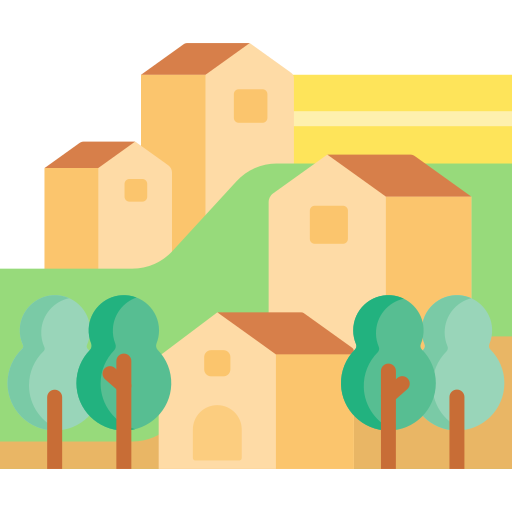 |
town
町
|
 |
lots of
たくさん
|
 |
natural
自然の
|
 |
history
歴史
|
 |
tourist
観光客
|


B_3
Great job!
Part C Learn Key Phrases
キーフレーズを確認しよう

C_1
We will read aloud the sentences below. I will check your pronunciation and intonation.
(Please send the mispronounced words and expressions to your student.)
講師の真似をして文章を読みましょう。
C_2
| 1. | There are many interesting places. |
| 2. | There is a natural history museum in the park. |
| 3. | There were lots of plants and animals in the museum. |
| 4. | There were many tourists, too. |


C_3
Fantastic!
Part D Dialogue Practice
会話文を読んでみよう

D_1
We’ll read aloud the dialogue below. I will check your pronunciation and intonation.
(Please send the mispronounced words and expressions that need improvement to your student.)
会話文を読みましょう。

D_2
|
TUTOR:
|
We are going to the Golden Gate Park on a school trip. It’s a big park in town. |
|
STUDENT:
|
That’s cool! There are lots of interesting places there. |
|
TUTOR:
|
Really? What is there? |
|
STUDENT:
|
There is a natural history museum next to the big lake. |
|
TUTOR:
|
Sounds fun! Are there gardens around it? |
|
STUDENT:
|
Yes, there are flower gardens around the museum, and there are lots of tourists every day. |


D_3
Now, let’s switch roles.
(Please send the mispronounced words and expressions that need improvement to your student.)
役割を交代しましょう。

D_4
|
STUDENT:
|
We are going to the Golden Gate Park on a school trip. It’s a big park in town. |
|
TUTOR:
|
That’s cool! There are lots of interesting places there. |
|
STUDENT:
|
Really? What is there? |
|
TUTOR:
|
There is a natural history museum next to the big lake. |
|
STUDENT:
|
Sounds fun! Are there gardens around it? |
|
TUTOR:
|
Yes, there are flower gardens around the museum, and there are lots of tourists every day. |


D_5
You did a great job reading the dialogue!
Part E Answer Questions
質問に答えてみよう

E_1
Now, you will answer the questions below using the grammar topics you learned. I will check if your sentences are complete and if the grammar is correct.
(Please send the sentences that need grammar corrections to your student.)
講師が質問をしますので、習った文法を使って答えましょう。


E_2
| 1. | Is there a dog in the park? |
E_3
| Answer: |


E_4
| 2. | What restaurants are in your city? |
E_5
| Answer: |


E_6
| 3. | What places/buildings were around your elementary school? |
E_7
| Answer: |


E_8
| 4. | Was there a playground at your elementary school? |
E_9
| Answer: |


E_10
| 5. | Do you ride a bicycle? |
E_11
| Answer: |


E_12
| 6. | What do you eat for breakfast every day? |
E_13
| Answer: |


E_14
Great job answering questions!
Part F Ask Questions
質問してみよう

F_1
Now, you will ask me questions. I will check if your sentences are complete and if the grammar is correct.
(Please send the sentences that need grammar corrections to your student.)
今度は、あなたが講師に質問します。習った文法を使って文を作りましょう。

F_2
| 1. | ? |


F_3
| Yes/No, there (is / is no) an art museum in my city. |
F_4
| 2. | ? |


F_5
| There (are/are no) convenience stores near my house. |
F_6
| 3. | ? |


F_7
| There (were/were no) hotels in my hometown. |
F_8
| 4. | ? |


F_9
| Yes/No, there (was/was no) restaurant near my high school. |
F_10
| 5. | ? |


F_11
| Yes/No, I (have/don’t have) a piano. |
F_12
| 6. | ? |


F_13
| I read books _____________ (when). |

F_14
Great job asking questions!
Part G Free Talk

G_1
Let’s have a conversation about the following topics.
(If there is still time left, please chat with the student.)
フリートークをしましょう。


G_2
| What animals are there in your local zoo? |
G_3
| Answer: |


G_4
| Is there a shopping mall in your town? |
G_5
| Answer: |




